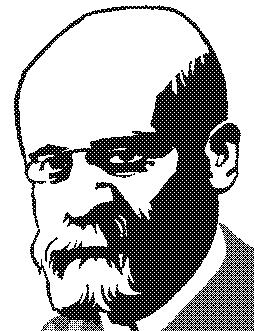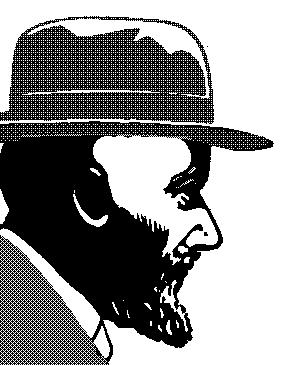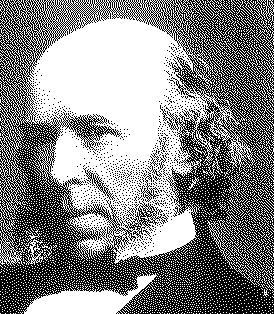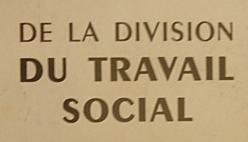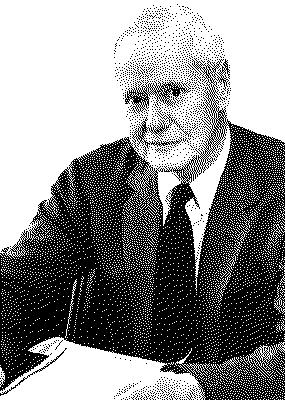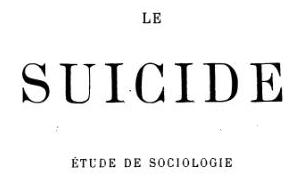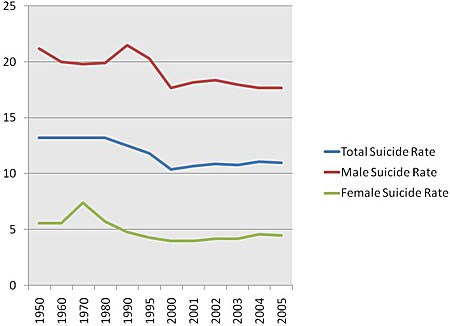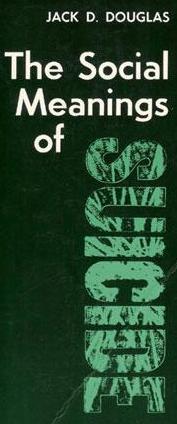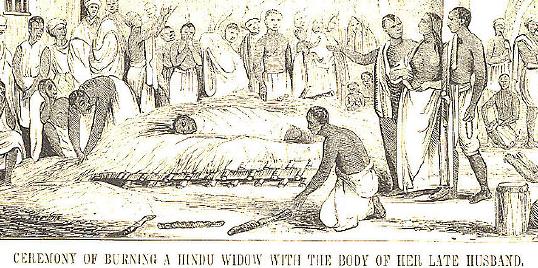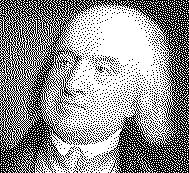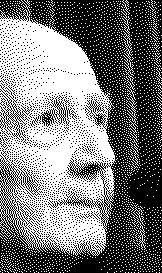Conflict
Finally we look at Durkheim's explanations of conflict in modern
society.
Durkheim, as we have seen, argues that solidarity, in its two inter-related
forms (mechanical and organic) is the basis of human society. In simplified
terms, co-operation not conflict is where we all start.
But this does not mean that competition, conflict and deviance are
unnatural in society.
Durkheim argues that it
"
is neither necessary nor even possible for social life to be without
conflicts. The role of solidarity is not to suppress competition, but to
moderate it."
Elsewhere he argues that certain forms of conflict are not only natural,
but essential to the healthy operation and development of society.
However, he identifies abnormal form of the division of labour,
which, in
the examples we will look at, are forms that interfere with society's
healthy
way of resolving problems. Durkheim speaks of "abnormal forms where the
division of labour does not
produce solidarity"
(see Durkheim). It is here that he finds the explanation for
"industrial crises" - "antagonism of labour and capital" - and "class-
war"
Durkheim maintained that the interaction between individuals and groups in
society spontaneously generates
rules (sometimes called
norms) that guide our conduct. Without such rules we are
lost about
what to do, and so we naturally negotiate what the rules should be. Such
negotiations may include competition and conflict over the rules. This is
not abnormal. The abnormality is when something prevents the
negotiation or re-negotiation of the rules. What could do this?
For our purposes, we can identify three things that can interfere with the
spontaneous negotiation of norms (rules):
1) insufficient contact for negotiation
2) the speed of social change
3) forced hierarchical relations
The
anomic division of labour
Insufficient contact for negotiation is the
important element in what Durkheim calls the
anomic division of labour - That is a division of labour outside
of social rules or norms.
An example he gives is when the development of the market in what we
now call
"globalisation" outstrips the ability of public institutions to
regulate it. The harm consequent on the anti-social operation of an
unregulated market is exacerbated by the speed of social change. Durkheim
also identifies the speed of change in economic crises in a later book as
responsible
for
"anomic suicide".
In the long-run, such disorders rectify
themselves. However, time does not restore the disequilibrium that results
from
"the still very great inequality of the external conditions of the
struggle" which is maintained by the
forced division of labour.
 Time Line
Time Line
 Social Science Dictionary
Social Science Dictionary
 Durkheim and Weber's contrasting imaginations
Durkheim and Weber's contrasting imaginations
 Andrew Roberts' home page
Andrew Roberts' home page
 Society and Science home page
Society and Science home page
 Durkheim extracts
Durkheim extracts  Weber extracts
Weber extracts  Spencer extracts
Spencer extracts
 Richardson and Roberts on Bauman and May
Richardson and Roberts on Bauman and May
